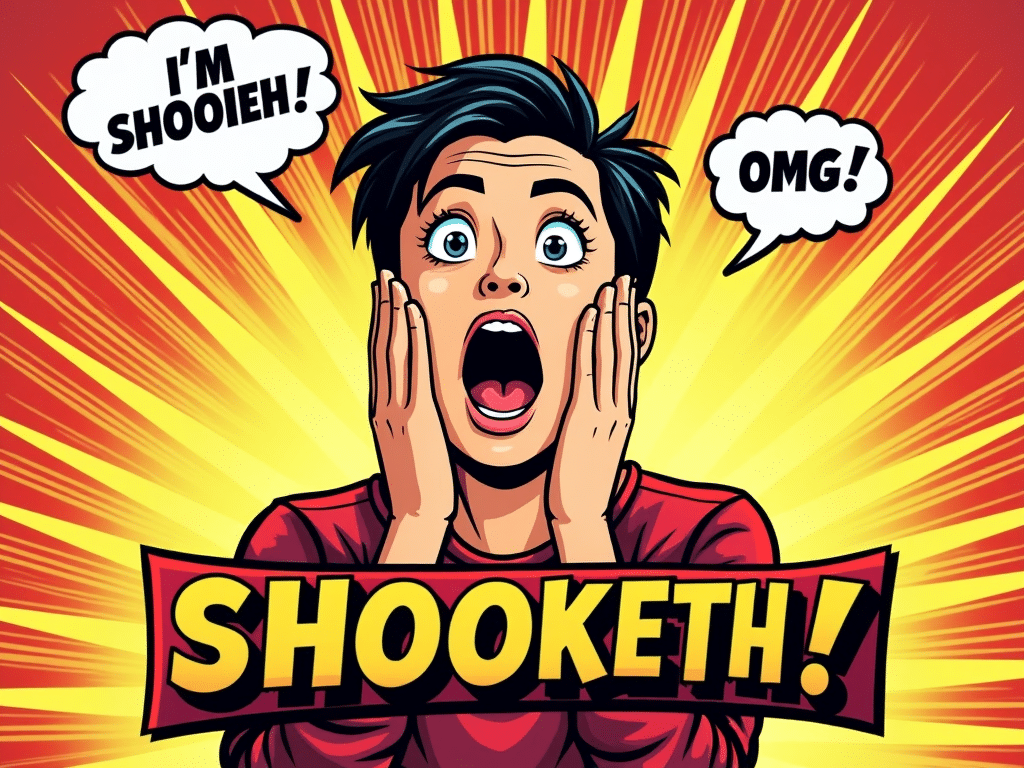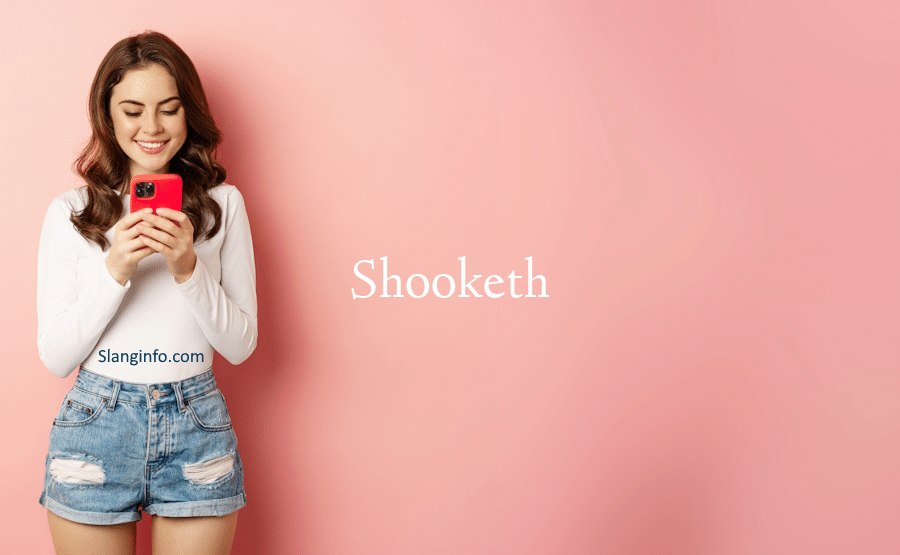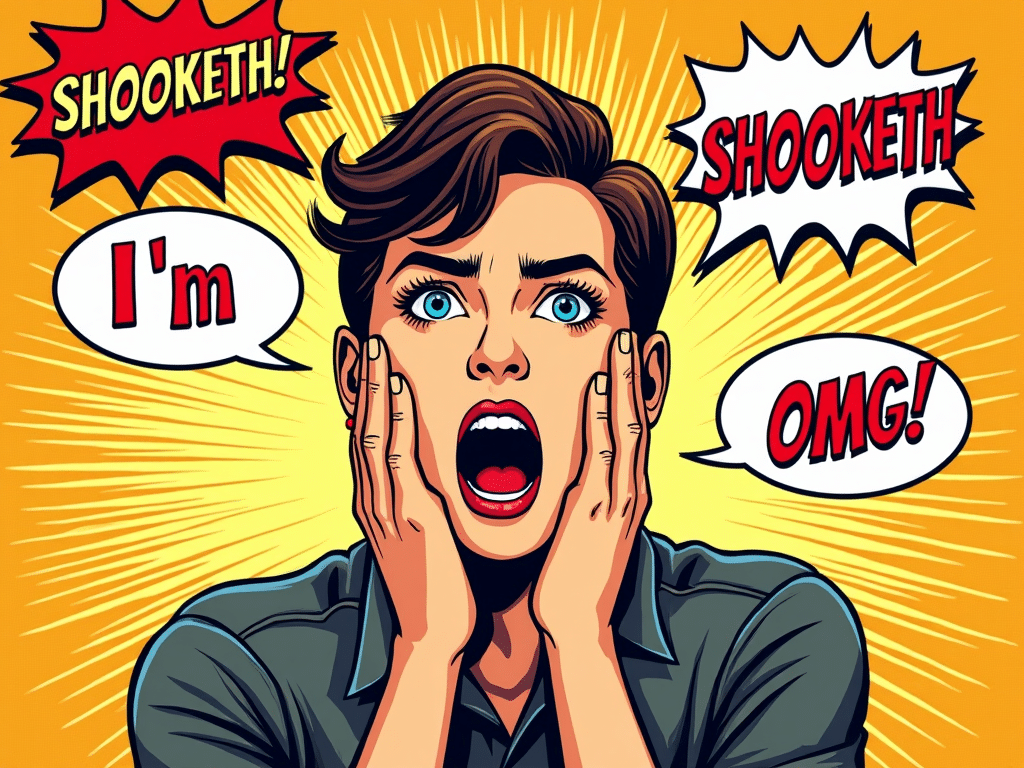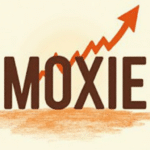Hey there, language lovers and slang enthusiasts! 👋 Ever found yourself scrolling through social media and stumbling upon the word “shooketh”? Did it leave you feeling, well… shooketh? Don’t worry, you’re not alone! This dramatic little word has been taking the internet by storm, and today we’re going to break it down for you. So grab your favorite beverage, get comfy, and let’s dive into the world of “shooketh”! ☕️🛋️
| Key Takeaways |
|---|
| 1. “Shooketh” is an exaggerated version of “shook,” meaning extremely shocked or surprised |
| 2. The term was popularized by comedian Christine Sydelko in a 2017 YouTube video |
| 3. Shooketh” combines modern slang with the archaic suffix “-eth” for dramatic effect |
| 4. The term is often used humorously or ironically to express over-the-top reactions |
Shooketh: Decoding the Dramatic Slang Term

What Does Shooketh Mean? 🤔
Alright, let’s break it down. “Shooketh” is basically the drama queen version of “shook.” You know how sometimes you’re not just surprised, but you’re really surprised? Like, jaw-on-the-floor, eyes-popping-out-of-your-head surprised? That’s when you might say you’re “shooketh.”
Here’s a quick comparison:
- Shook: “Wow, that plot twist was unexpected. I’m shook!”
- Shooketh: “OMG, did you see that plot twist?! I am absolutely SHOOKETH to my core!”
See the difference? “Shooketh” is like “shook” cranked up to eleven. It’s for those moments when you’re so shocked, regular words just won’t cut it. 😮💨
Origins of Shooketh 📜
Now, you might be wondering, “Who came up with this wild word?” Well, let me take you back to the year 2017. A comedian named Christine Sydelko posted a YouTube video where she dramatically exclaimed, “I am shooketh!” And just like that, a star was born. 🌟
But wait, there’s more to this story! The word “shook” itself has been around as slang for “shocked” or “surprised” for quite a while. It’s like the cool cousin of “shaken up.” But someone (probably Christine) had the brilliant idea to add “-eth” to the end, and voila! “Shooketh” was born.
Now, you might be thinking, “Wait a minute, ‘-eth’? Isn’t that from like, Shakespeare or something?” And you’d be right! Adding “-eth” to the end of words is a way of making them sound old-timey and dramatic. It’s like linguistic time travel! 🕰️
Grammar and Usage 🎓
Okay, let’s get a little nerdy for a second (but in a cool way, I promise). “Shooketh” isn’t exactly following the rules of standard English grammar. But that’s kind of the point! It’s slang, and slang loves to break the rules.
Here’s how you might use “shooketh” in a sentence:
- As an adjective: “I am shooketh by this news.”
- As a verb: “This plot twist has me shooketh.”
The key is to use it for dramatic effect. It’s not just about being surprised – it’s about being theatrically surprised. Think of it as the linguistic equivalent of a soap opera gasp. 😱
Shooketh in Popular Culture 🌟
Since its debut, “shooketh” has been making waves all over the internet. You’ll find it in:
- Memes: Picture of a shocked cat with the caption “I am shooketh”
- Tweets: “Just saw the season finale. I am SHOOKETH!”
- YouTube comments: “This song has me shooketh. The vocals are insane!”
Even some celebrities have gotten in on the action. I once saw a tweet from a pop star saying she was “shooketh” by her fans’ support. It’s like the word has taken on a life of its own!
But here’s the thing: “shooketh” isn’t just about being dramatic. It’s also about being a little bit ironic. When you say you’re “shooketh,” you’re kind of poking fun at your own reaction. It’s like saying, “I know I’m being over-the-top, but I can’t help it!” It’s drama with a wink and a nudge. 😉
When to Use Shooketh 💬

Now that you know what “shooketh” means and where it comes from, you might be wondering when it’s appropriate to use it. The short answer? Probably not in your next job interview or college essay. 😅
“Shooketh” is very much a casual, informal term. It’s perfect for:
- Texting your BFF about the latest gossip
- Commenting on a friend’s Instagram post
- Live-tweeting your favorite TV show
Basically, any situation where you’re being a little bit dramatic and a lot bit entertaining. But if you’re not sure your audience will get it, you might want to stick with a more standard term like “shocked” or “surprised.” You don’t want to leave people feeling… well, shooketh. 😳
Alternatives to Shooketh 🔄
If “shooketh” isn’t quite your style, fear not! There are plenty of other slang terms that can convey a similar sense of exaggerated shock. Here are a few of my favorites:
- Gagged: “That plot twist had me gagged!”
- Wig snatched: “Her performance snatched my wig!”
- Jaw dropped: “My jaw dropped when I heard the news.”
Each of these terms has its own flavor and history, but they all convey that same sense of over-the-top, dramatic surprise. It’s like having a whole wardrobe of linguistic reactions! 👗👠
Of course, you can always fall back on classic expressions like:
- “I’m shocked!”
- “I can’t believe it!”
- “That’s incredible!”
Sometimes, the oldies are goodies for a reason. They may not be as flashy as “shooketh,” but they get the job done. 💪
Conclusion 💡
Alright, let’s wrap this up like a cozy blanket! 🧣 “Shooketh” is a prime example of how language is always evolving, especially in the wild world of internet slang. It takes a familiar word, adds a dash of drama, and creates something new and exciting.
Whether you’re “shooketh” by a juicy bit of gossip or a mind-blowing movie twist, this word is all about expressing your shock in the most extra way possible. It’s like adding a little bit of theater to your everyday reactions. 🎭
But remember, slang is all about context. Use “shooketh” when you’re being playful, dramatic, and a little bit ironic. And if you’re not sure it’ll land, there’s no shame in sticking with a classic “I’m shocked!” Your linguistic wardrobe is yours to mix and match. 👒👔👗
So go forth and be shooketh, my friends! And the next time someone asks you what it means, you can give them the tea like a true slang expert. ☕️🫖
FAQs ❓
Q: Can I use “shooketh” in formal writing?
A: It’s best to avoid “shooketh” in formal contexts like academic papers or business emails. Stick to standard terms like “shocked” or “surprised” instead.
Q: Is “shooketh” only used by young people?
A: While “shooketh” is popular among younger generations, especially on social media, anyone can use it if they’re aiming for a dramatic, playful tone.
Q: Can “shooketh” be used sarcastically?
A: Absolutely! In fact, “shooketh” is often used ironically to poke fun at one’s own over-the-top reaction.
Q: Is “shooketh” a real word?
A: “Shooketh” isn’t a word you’ll find in a standard dictionary, but it’s a widely recognized and used slang term, especially online.
Q: Can I use “shooketh” in a sentence with other slang terms?
A: Go for it! Mixing slang terms can add flavor and personality to your casual writing or conversations. Just make sure your audience is familiar with the terms you’re using.
And there you have it, folks – the ultimate guide to “shooketh”! I hope this article has left you feeling informed, entertained, and maybe even a little bit shooketh. 😉 Remember, language is a playground, and slang is the wild and wacky jungle gym. So go out there and play with your words! And if anyone gives you a hard time, just hit ’em with a “I’m not mad, I’m shooketh!” 😎
Slang Cheat Sheet:







